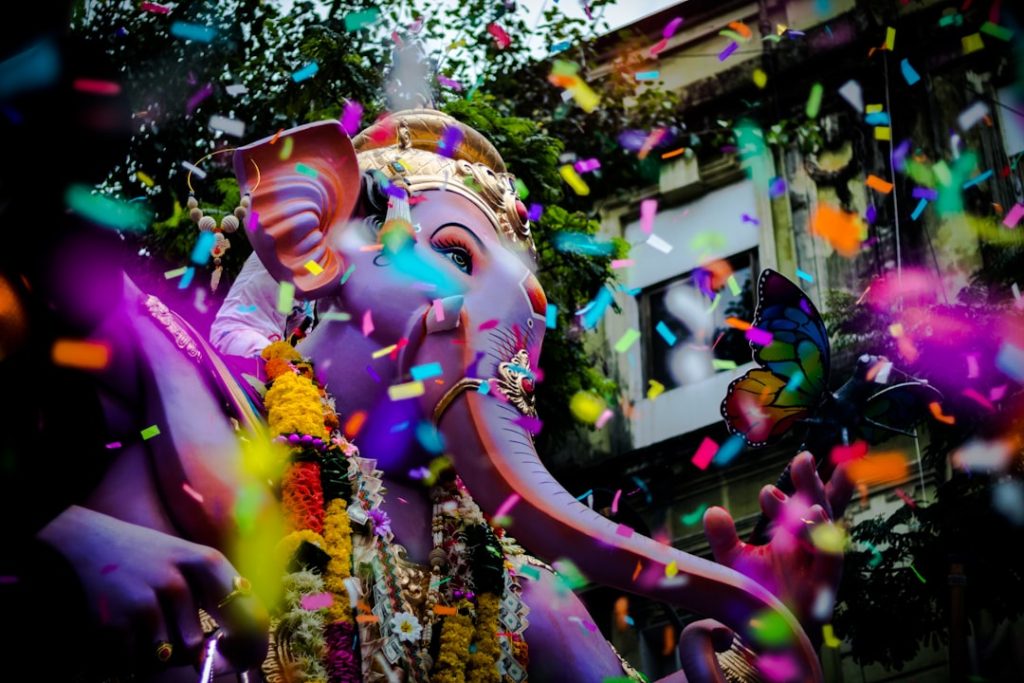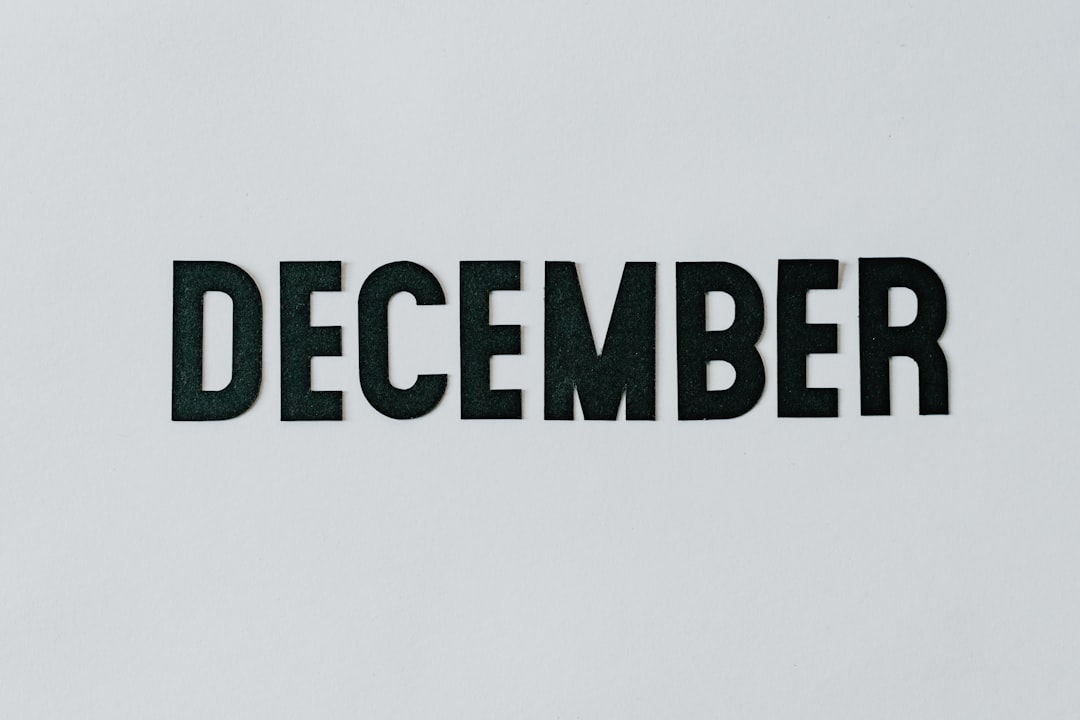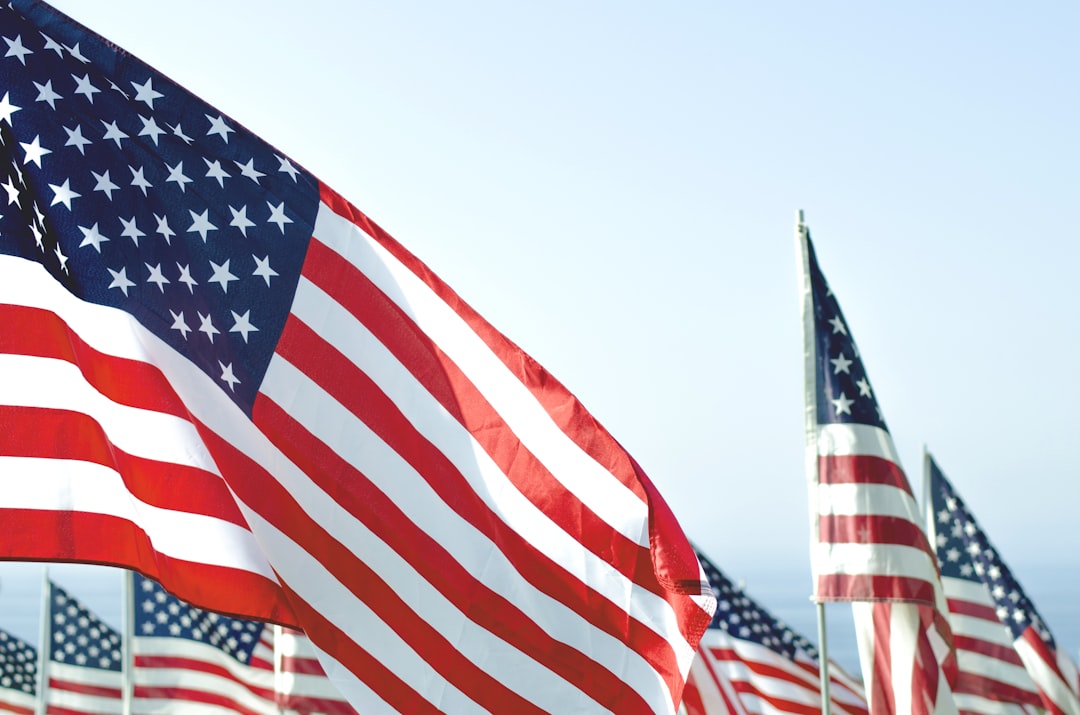Now Reading: Celebrating Columbus Day: Honoring a Controversial Holiday
-
01
Celebrating Columbus Day: Honoring a Controversial Holiday
Celebrating Columbus Day: Honoring a Controversial Holiday

Columbus Day, celebrated on the second Monday of October, commemorates the arrival of Christopher Columbus in the Americas in 1492. This holiday was first observed in the United States in 1937, although its roots can be traced back to the late 19th century when Italian immigrants sought to celebrate their heritage and contributions to American society. The day was initially recognized as a way to honor Columbus’s voyages, which were seen as a pivotal moment in world history, marking the beginning of European exploration and colonization of the Americas.
The establishment of Columbus Day as a federal holiday was a significant milestone for Italian Americans, who faced discrimination and prejudice during that era. The choice of October 12 as the date for Columbus Day is significant, as it aligns with the anniversary of Columbus’s landing in the New World. Over time, the holiday evolved from a celebration of Italian-American culture to a broader recognition of exploration and discovery.
However, the narrative surrounding Columbus has become increasingly complex as historical scholarship has revealed the darker aspects of his voyages, including the impact on indigenous populations. As awareness of these issues has grown, so too has the debate over the appropriateness of celebrating Columbus Day in its traditional form.
Controversies Surrounding Columbus
The legacy of Christopher Columbus is fraught with controversy, primarily due to his role in the colonization of the Americas and the subsequent suffering inflicted upon indigenous peoples. While many initially viewed Columbus as a heroic figure who opened up new worlds for exploration and trade, contemporary perspectives have shifted dramatically. Historians and activists have highlighted the violence and exploitation that accompanied his expeditions, including enslavement, forced conversions to Christianity, and the spread of diseases that decimated native populations.
These actions have led many to question whether Columbus should be celebrated at all. Critics argue that honoring Columbus perpetuates a Eurocentric narrative that overlooks the rich histories and cultures of indigenous peoples. The glorification of his voyages often glosses over the atrocities committed against native populations, leading to a one-dimensional portrayal of history.
This has sparked protests and calls for change, with many advocating for a reevaluation of how we commemorate this period. The controversies surrounding Columbus have prompted discussions about historical memory, representation, and the need for a more inclusive understanding of American history.
Alternative Perspectives on Columbus Day

In light of the controversies surrounding Columbus, alternative perspectives have emerged that seek to reframe the narrative associated with October 12. Some communities have chosen to celebrate Indigenous Peoples’ Day instead, honoring the rich cultures and histories of Native Americans while acknowledging the impact of colonization. This shift reflects a growing recognition of the need to center indigenous voices in discussions about history and identity.
By celebrating Indigenous Peoples’ Day, advocates aim to promote awareness of the ongoing struggles faced by native communities and to foster a deeper understanding of their contributions to society. The movement to replace Columbus Day with Indigenous Peoples’ Day has gained traction across various states and cities in the United States. Many local governments have adopted resolutions or ordinances to officially recognize this alternative holiday, reflecting a broader societal shift toward inclusivity and justice.
This change not only honors indigenous peoples but also encourages education about their histories, cultures, and ongoing challenges. By embracing alternative perspectives on this day, communities can engage in meaningful conversations about reconciliation and healing.
Modern Celebrations of Columbus Day
| Country | Date | Significance |
|---|---|---|
| United States | Second Monday in October | Celebration of Christopher Columbus’ arrival in the Americas |
| Italy | October 12th | Commemoration of Columbus’ achievements |
| Spain | October 12th | Hispanic Day, celebrating Hispanic heritage and culture |
Despite the growing movement to replace Columbus Day with Indigenous Peoples’ Day, some communities continue to celebrate Columbus in various ways. Parades, festivals, and educational events are organized to honor his legacy and contributions to exploration. These celebrations often include cultural performances, historical reenactments, and discussions about the significance of Columbus’s voyages in shaping modern society.
For many Italian Americans, these festivities serve as an opportunity to celebrate their heritage while also acknowledging the complexities of history. However, modern celebrations are increasingly being met with protests and counter-events aimed at raising awareness about the negative consequences of colonization. Activists often organize demonstrations during Columbus Day festivities to highlight indigenous perspectives and advocate for social justice.
This duality reflects a broader societal tension between traditional celebrations and calls for change. As communities grapple with these conflicting narratives, it becomes essential to foster dialogue that respects diverse viewpoints while promoting understanding and healing.
The Impact of Columbus’s Voyages
The voyages of Christopher Columbus had profound implications for both Europe and the Americas. His expeditions marked the beginning of sustained contact between Europe and the New World, leading to significant cultural exchanges, trade routes, and economic transformations. The introduction of new crops and goods from the Americas revolutionized European agriculture and cuisine, while European technologies and ideas began to influence indigenous societies.
This exchange laid the groundwork for globalization as we know it today. However, this impact came at a tremendous cost to indigenous populations. The arrival of Europeans brought diseases such as smallpox, which decimated native communities that had no immunity to these foreign illnesses.
Additionally, colonization led to land dispossession, cultural erasure, and violence against indigenous peoples. The consequences of Columbus’s voyages continue to resonate today, as many indigenous communities grapple with the legacies of colonization and strive for recognition and justice.
Calls for Reevaluation of Columbus Day

In recent years, there has been an increasing chorus of voices calling for a reevaluation of Columbus Day as a national holiday.
This movement is not merely about changing a name; it represents a broader desire for social justice and recognition of marginalized voices.
Many believe that honoring Columbus perpetuates a narrative that ignores the suffering endured by indigenous peoples throughout history. As discussions around this topic continue to evolve, some states have already taken steps toward change by officially recognizing Indigenous Peoples’ Day or similar observances. These actions reflect a growing awareness of historical injustices and a commitment to fostering inclusivity in public discourse.
The calls for reevaluation are not just limited to holidays; they extend into educational curricula, public monuments, and historical narratives that shape our understanding of American identity.
Honoring Indigenous Peoples on Columbus Day
As more communities embrace Indigenous Peoples’ Day as an alternative to Columbus Day, various initiatives have emerged to honor indigenous cultures and histories on this date. Events such as cultural festivals, educational workshops, art exhibitions, and storytelling sessions provide platforms for indigenous voices to be heard and celebrated. These gatherings foster connections between indigenous peoples and non-indigenous communities while promoting understanding and respect for diverse cultures.
Moreover, honoring indigenous peoples on this day serves as an opportunity for reflection on historical injustices and ongoing struggles faced by native communities. It encourages individuals to engage with indigenous perspectives on history, land rights, sovereignty, and cultural preservation. By centering indigenous voices in discussions about October 12, society can begin to address historical wrongs while fostering reconciliation and healing.
The Future of Columbus Day
The future of Columbus Day remains uncertain as societal attitudes continue to shift regarding historical narratives and representation. While some communities may choose to maintain traditional celebrations in honor of Columbus, others are likely to adopt alternative observances that prioritize indigenous perspectives. This ongoing dialogue reflects broader conversations about identity, history, and justice in contemporary society.
As we move forward, it is essential to approach these discussions with openness and a willingness to learn from one another. The future may hold opportunities for collaboration between different communities as they seek common ground in honoring their respective histories. Ultimately, how we choose to commemorate October 12 will shape our collective understanding of history and influence our efforts toward reconciliation in an increasingly diverse society.
In light of the ongoing debate surrounding Columbus Day, it is important to consider alternative perspectives on the holiday.












